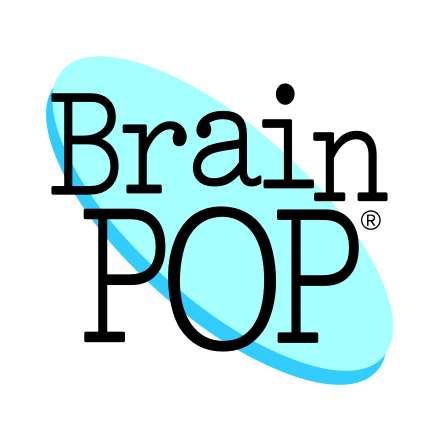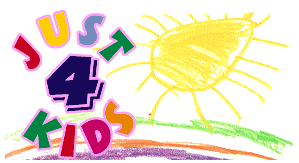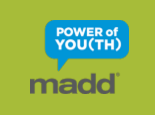Resource Links
National
Alateen

Al‑Anon is a mutual support program for people whose lives have been affected by someone else’s drinking. By sharing common experiences and applying the Al-Anon principles, families and friends of alcoholics can bring positive changes to their individual situations, whether or not the alcoholic admits the existence of a drinking problem or seeks help.
Alateen, a part of the Al-Anon Family Groups, is a fellowship of young people (mostly teenagers) whose lives have been affected by someone else’s drinking whether they are in your life drinking or not. By attending Alateen, teenagers meet other teenagers with similar situations. Alateen is not a religious program and there are no fees or dues to belong to it.
BrainPOP Health

BrainPOP engages students through animated movies, learning games, interactive quizzes, primary source activities, concept mapping, and more. Our award-winning resources include BrainPOP Jr. (K-3), BrainPOP, BrainPOP Español, and, for English language learners, BrainPOP ESL. They cover topics within Science, Math, Social Studies, English Language Arts, Technology, Engineering, Arts, Music, Health, Reading, and Writing. Our content is carefully mapped to the Common Core, aligned to academic standards, and searchable with our online Standards Tool.
Child Mind Institute

The Child Mind Institute is dedicated to transforming mental health care for children everywhere. Founded by Dr. Harold S. Koplewicz and Brooke Garber Neidich, our organization is committed to finding more effective treatments for childhood psychiatric and learning disorders, building the science of healthy brain development, and empowering children and their families with help, hope, and answers. The Child Mind Institute does not accept funding from the pharmaceutical industry.
Choices

The Choices Mission is to provide fascinating, information-rich articles covering teen health and life-skills that will equip students to make positive and informed decisions on the most pressing issues in their lives.
Family Resource Center

There is a lot of good information out there about adolescent substance use, but there is a lot of bad – and even dangerous – information out there too. The Family Resource Center is a directory of those resources that are backed by various degrees of scientific support to those that come from the most notable, national sources. By organizing and vetting these quality resources, we hope to relieve families of the burden of sorting and evaluating information themselves. This is a place to start getting informed about how to prevent drug or alcohol use, intervene early, find treatment and support adolescents in addiction recovery. It also provides insight on how you can help YOURSELF during this time.
Just For Kids

A place where you can learn how alcohol and other drugs hurt everyone in a family, learn how to feel safer and less stressed out, find new ways to deal with hassles at home, and find hope, even if your parents don’t change.
NAMI: Where to Get Help for Your Mental Health Infographic

Would you know what to do if you or a friend was experiencing symptoms of a mental health condition? If you don’t, that’s OK. That’s why we created this infographic. Knowing how to recognize the signs of a mental health condition and how to respond is critical to getting support and care. Addressing concerns early can lead to better outcomes, so get the help that your friend, family member or you need.
National Youth Recovery Foundation

Founded as Sobriety High Foundation(SHF) expanded the mission and changed the name to the National Youth Recovery Foundation (NYRF). They spent four years listening and learning from young people across the country who shared one thing in common. They were in recovery and they identified three questions that were consistent wherever we traveled. Why was there no national outcry about about a prison population of over 80% of people with addiction? Why was there so much emphasis on prevention and addiction treatment but almost nothing to support young people once they got into recovery? Why wasn’t there a movement of young people in recovery to advocate for their peers, break the stigma of addiction, and make being in recovery cool? Using these questions NYRFE convened a group of young people across the country who we met through this process and they identified three goals that have guided NYRF’s work for the last several years.
Power of You(th)

You may know some teens who drink. You may even have tried it yourself. But the truth is three out of four teens don’t drink. That means the majority is staying alcohol free until 21! Learn the truth about teens and alcohol.